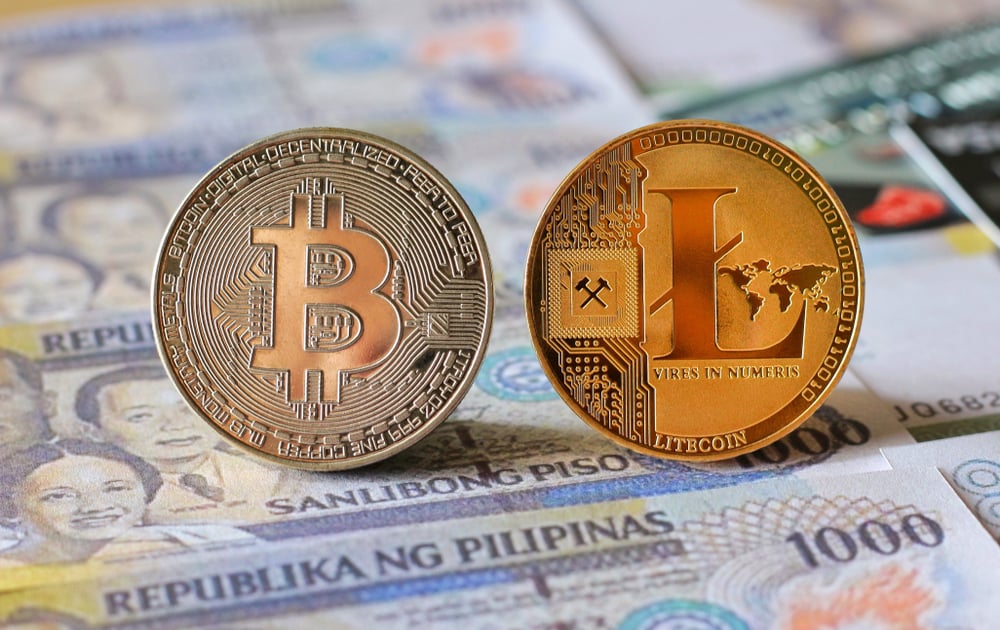$67 Million: Philippines Regulator Expects Windfall from Crypto Exchange Licensing

The administrator of a government-controlled economic zone in the Philippines is expecting to rake in $67 million by issuing licenses to cryptocurrency exchanges.
As reported previously by CCN.com, the Philippine government legalized the entry of cryptocurrency exchanges to operate in the Cagayan Economic Zone Authority (CEZA) – complete with tax benefits – in April this year. Crypto firms operating in the zone will also be allowed to offer initial coin offerings (ICOs) and engage in cryptocurrency mining, aside from operating cryptocurrency exchanges.
“We are about to license 10 platforms for cryptocurrency exchanges,” CEZA chief Raul Lambino said at the time. “They are Japanese, Hong Kong, Malaysians, Koreans…They can go into cryptocurrency mining, initial coin offerings, or they can go into exchange.”
Earlier this month, the CEZA revealed plans to issue 25 primary licenses to cryptocurrency exchanges. To gain a license, companies must invest at least $1 million in the zone over a two-year period among other requirements.
While details are scarce, each ‘principal license’ will be priced at $360,000 while a ‘regular license’ will cost $85,000, a report by the Philippine government news agency revealed without detailing the differences between the two licenses. Each recipient of a principal license will be allowed to issue four regular sub-licenses to traders and brokers.
Roquero expects the CEZA to generate 3.6 billion pesos, approx. $67 million, from the issuances of the 25 principal licenses and sublicenses alone. The economic zone authority is expected to generate further revenue with a 0.1 share in every single transaction conducted at these licensed exchanges.
So far, the authority has received a total of 70 applications from operators vying to gain a license. Six of those applicants have already paid for their licenses, the official added.
In a press release on its website on Tuesday, the CEZA announced it has granted a ‘principal license’ to Hong Kong-based cryptocurrency operator Golden Millennial Quickpay.
“The license was issued last week,” revealed CEZA senior deputy administrator Raymundo T. Roquero. “They were the first, [along with two other firms]. These are all Hong Kong-based, [while one] is from Bangkok, Thailand. These are offshore companies with a capital investment of $500,000. They have a committed investment to us of $1 million [each].”
Licensed exchanges within the economic zone will not be allowed to offer services to retail investors in the Philippines, however. To run a licensed crypto trading platform in the country, operators will have to be approved by the Bangko Sentral sn Pilipinas (BSP), the country’s central bank. The Philippines was among the earliest nations in the world to release regulations for the cryptocurrency sector, specifically bitcoin exchanges, in early 2017.
Last week, the central bank accredited two new cryptocurrency exchanges to raise the total number of regulated crypto trading platforms in the country to five.
Featured image from Shutterstock.